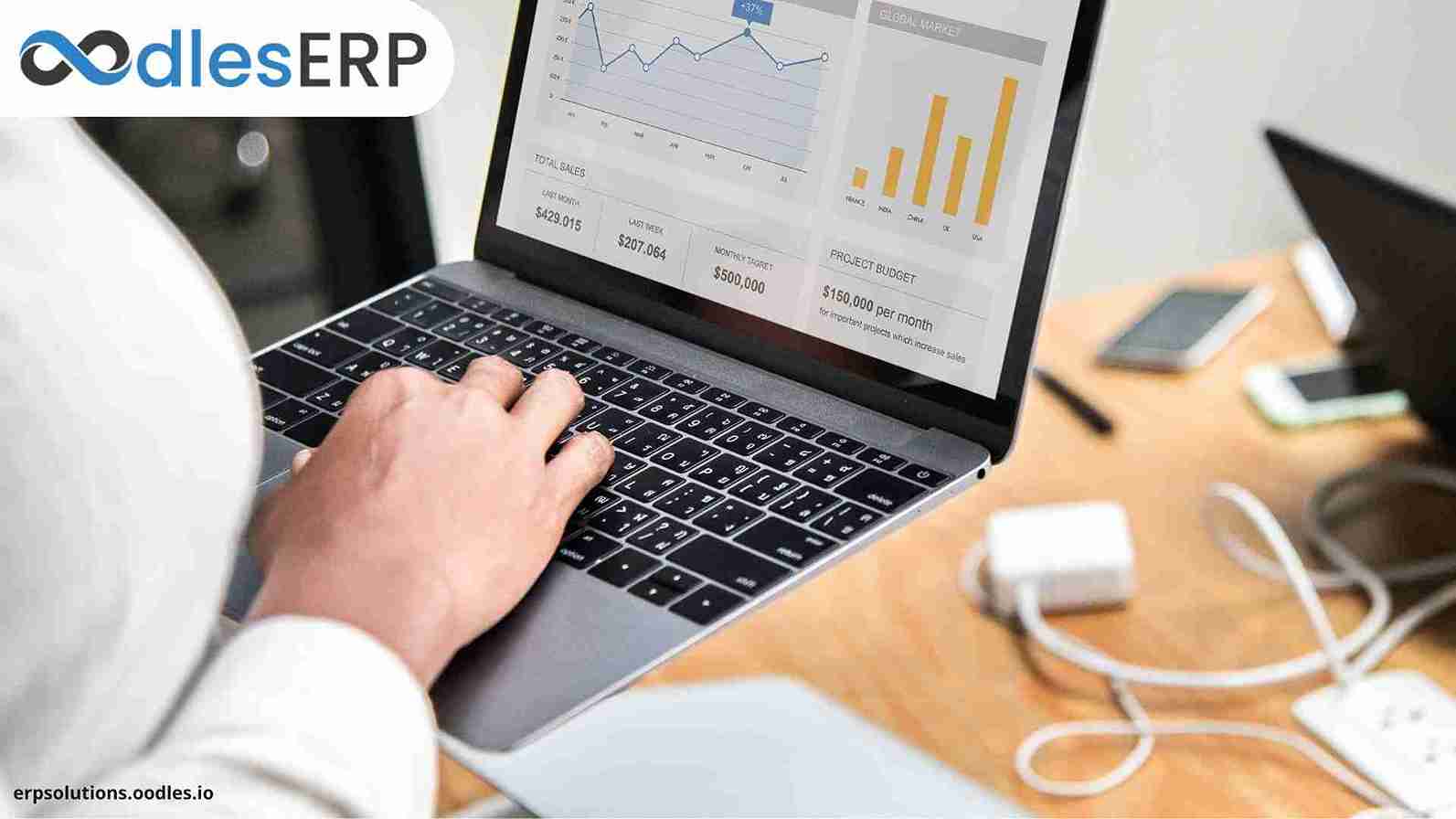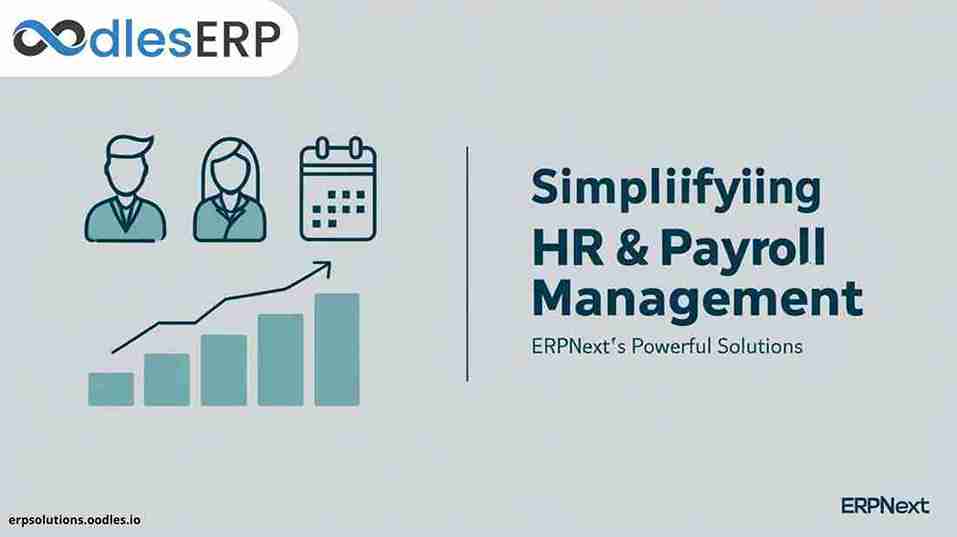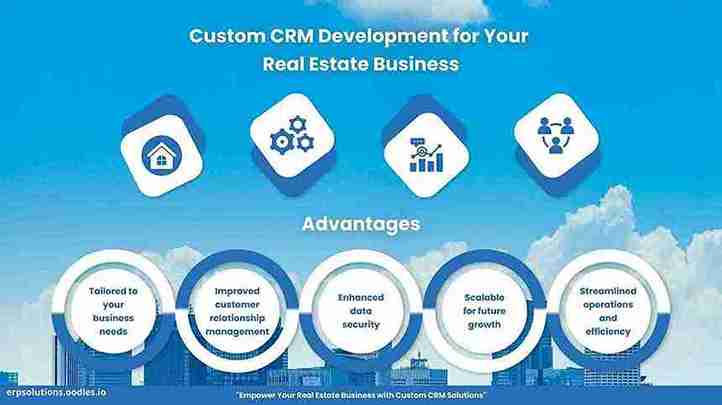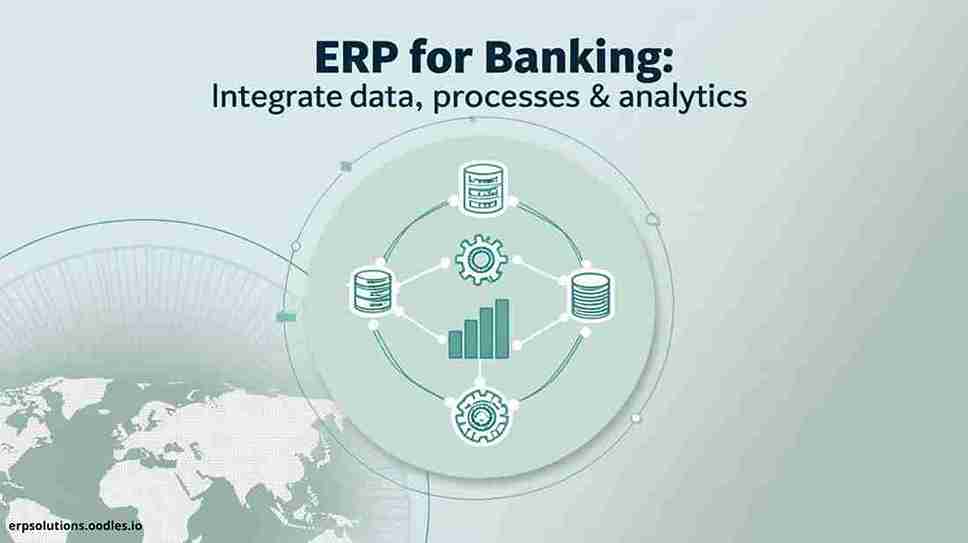In today’s business landscape, both Customer Relationship Management (CRM) and Enterprise Resource Planning (ERP) systems play critical roles. Companies looking to streamline their operations, enhance customer experience, and boost profitability often turn to these tools. However, despite their shared goals, CRM and ERP take very different approaches to achieve them. Understanding the distinction between CRM and ERP can help businesses decide which system—or combination of both—is best suited to their needs.
What is CRM?
Customer Relationship Management (CRM) is a system designed to manage a company’s interactions with current and potential customers. The focus is on building long-term customer relationships, enhancing customer satisfaction, and improving sales.
Also, Read Implementing The Odoo CRM Module In The F&B Sector
Key Features of CRM Systems:
- Sales Management: Track leads, manage customer data, and automate sales pipelines.
- Customer Support: Ensure timely customer service, handle queries and resolve issues efficiently.
- Marketing Automation: Create personalized marketing campaigns based on customer data and behavior.
- Analytics and Reporting: Monitor customer engagement and sales trends through detailed reports and dashboards.
How CRM Benefits Businesses:
- Increased Sales Efficiency: By automating sales workflows, businesses can focus on closing deals rather than administrative tasks.
- Improved Customer Retention: CRM allows businesses to provide a personalized experience, improving customer loyalty.
- Better Marketing: CRMs collect customer data that can be used to tailor marketing strategies, improving their effectiveness.
In essence, a CRM is all about nurturing customer relationships, which leads to enhanced customer satisfaction and increased revenue.

Also, Read Top Reasons For Integrating ERP CRM
What is ERP?
Enterprise Resource Planning (ERP) is a system that manages all core business processes in an organization—from inventory and supply chain management to accounting, procurement, and human resources. Unlike CRM, which focuses on customer-facing activities, ERP integrates internal processes to streamline operations and reduce inefficiencies.
Key Features of ERP Systems:
- Financial Management: Manage accounting, financial planning, and compliance in one system.
- Supply Chain and Inventory: Track product manufacturing, procurement, and delivery in real time.
- Human Resources: Streamline payroll, recruitment, and employee management processes.
- Project Management: Track projects, budgets, timelines, and resources with better accuracy.
How ERP Benefits Businesses:
- Operational Efficiency: ERPs reduce manual work and errors by automating routine tasks and centralizing data.
- Cost Reduction: Efficient management of resources, inventory, and workflows reduces operational costs.
- Scalability: ERP systems are designed to grow with your business, easily handling larger volumes of data and transactions as the company expands.
ERP, in short, is a powerful tool for improving overall business efficiency by unifying and optimizing core internal operations.
Also, Read CRM and ERP : How It Refines Sales And Manufacturing Processes
CRM vs ERP: Comparing Their Approaches
Both CRM and ERP systems aim to improve business operations and drive growth, but their approach differs significantly.
| Feature | CRM | ERP |
|---|---|---|
| Primary Focus | Managing customer relationships and interactions | Streamlining business processes and operations |
| Core Users | Sales, Marketing, and Customer Service teams | Finance, HR, Manufacturing, Procurement, etc. |
| Key Benefits | Boosts sales, improves customer retention | Increases efficiency, reduces costs |
| Scope | Customer-facing operations | Internal business processes |
- CRM focuses on customers. It’s all about managing relationships, customer data, and the sales pipeline to increase revenue.
- ERP focuses on the business itself. ERP manages back-office functions to ensure that processes run smoothly and cost-effectively.
Should You Choose CRM, ERP, or Both?
Many businesses, especially small to medium-sized enterprises (SMEs), often face the dilemma of choosing between CRM and ERP systems. However, the choice doesn’t have to be mutually exclusive. A CRM-ERP integration can provide the best of both worlds:
- For Customer-Centric Businesses: If your business revolves around customer interaction—such as in retail, hospitality, or services—a CRM should be your priority.
- For Operations-Heavy Businesses: If your organization requires complex management of inventory, production, and supply chains, an ERP system is essential.
- For Balanced Needs: If your business needs both customer focus and operational efficiency, consider integrating CRM and ERP systems. This integration allows seamless communication between the front and back offices, enhancing overall performance.
Also, Read 5 Key Advantages of ERP and CRM Integration
Conclusion
Both CRM and ERP are indispensable tools for businesses, but they serve different purposes. CRM helps you manage customer relationships, enhance customer satisfaction, and boost sales, while ERP optimizes internal business processes, streamlines operations, and cuts costs. Depending on your business needs, you may benefit from one system or a combination of both. Regardless of your choice, aligning the system with your business goals is crucial for maximizing efficiency and profitability.
How Oodles ERP Can Help
At Oodles ERP, we specialize in the development and customization of both CRM and ERP systems tailored to meet your unique business requirements. Whether you need a standalone CRM to improve customer engagement or an integrated ERP solution to streamline your operations, we’ve got you covered.
Our services include:
- Custom CRM Development: We design CRM solutions that align with your sales and marketing strategies, helping you grow your customer base and improve retention.
- ERP Solutions Tailored for Your Business: From financial management to supply chain automation, our ERP systems can optimize every aspect of your operations.
- CRM-ERP Integration: Enjoy the best of both worlds by seamlessly integrating your CRM and ERP systems for improved collaboration and productivity across all departments.
Let us help you streamline your operations and enhance customer relationships—contact Oodles ERP today to discuss how we can support your CRM and ERP development needs!








